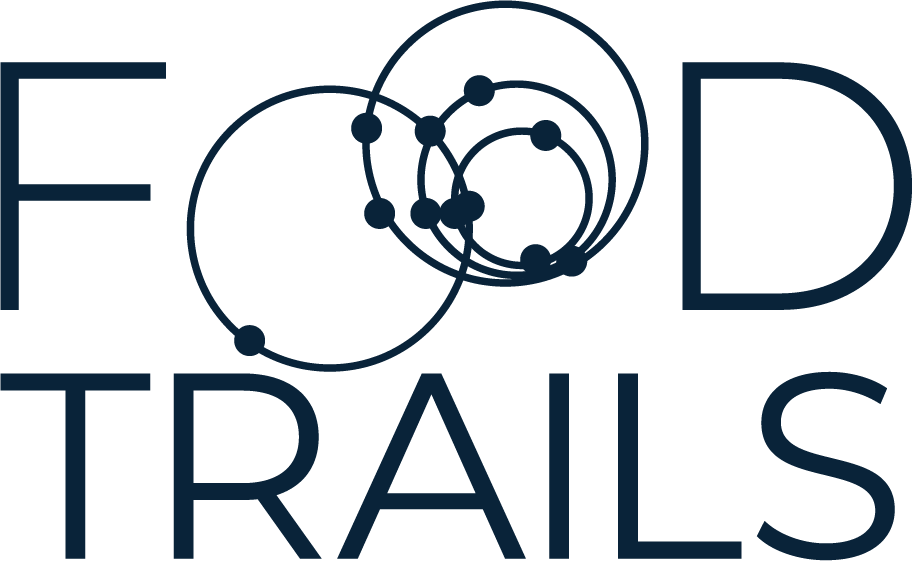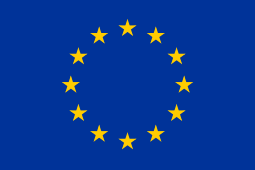Warsaw
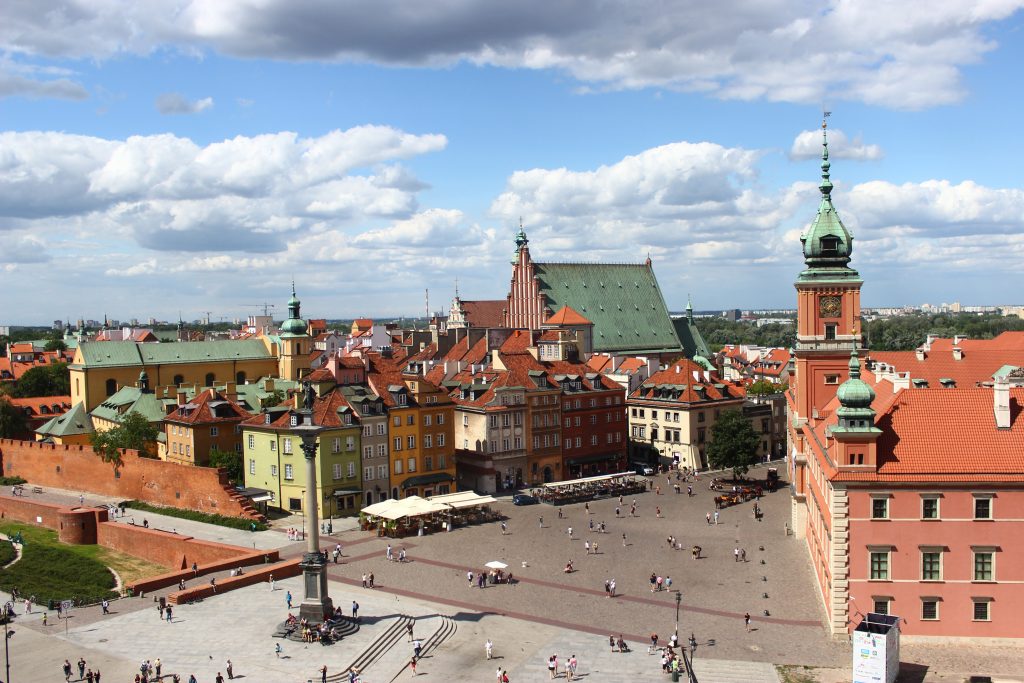
The Polish capital, Warsaw, is home to 1.8 million people within a greater metropolitan area of 3.1 million residents. The city has been a major hub for transport, tourism and industry in Poland and the European Union since the country’s ascension to the bloc in 2004. The City of Warsaw has been addressing nutrition challenges […]
Tirana
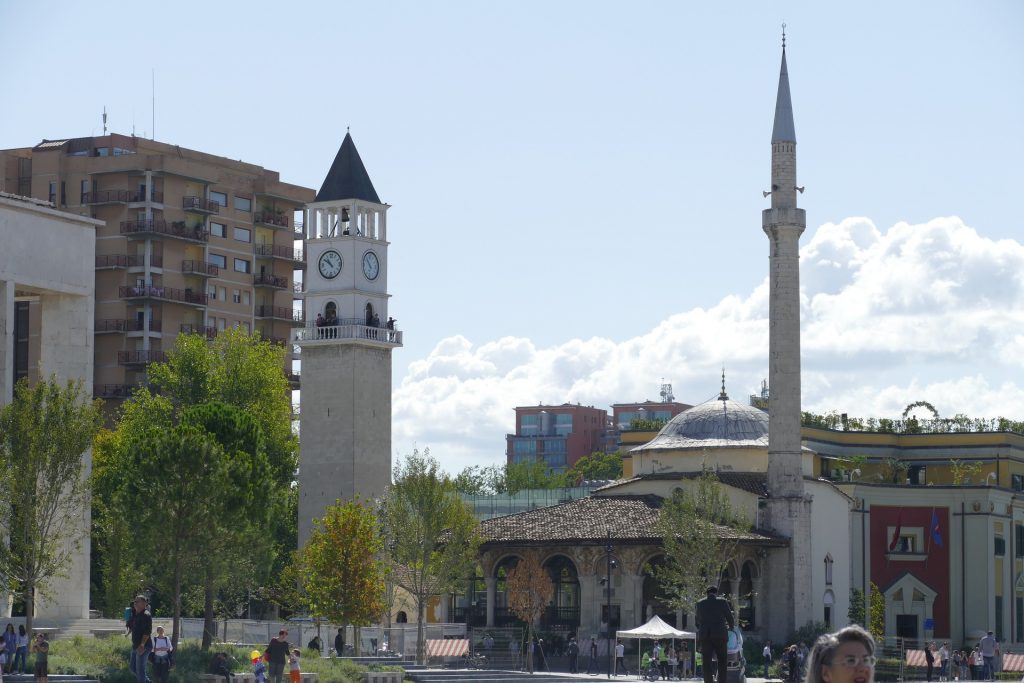
Tirana is the capital, the largest city, and the heart of Albania’s cultural, economic and governmental activity. Tirana is the 7th largest city in the Balkan Peninsula, with a population of 800,000. Located in the western part of the country, it is surrounded by hills and the Dajti Mountain on the east and by a […]
Thessaloniki
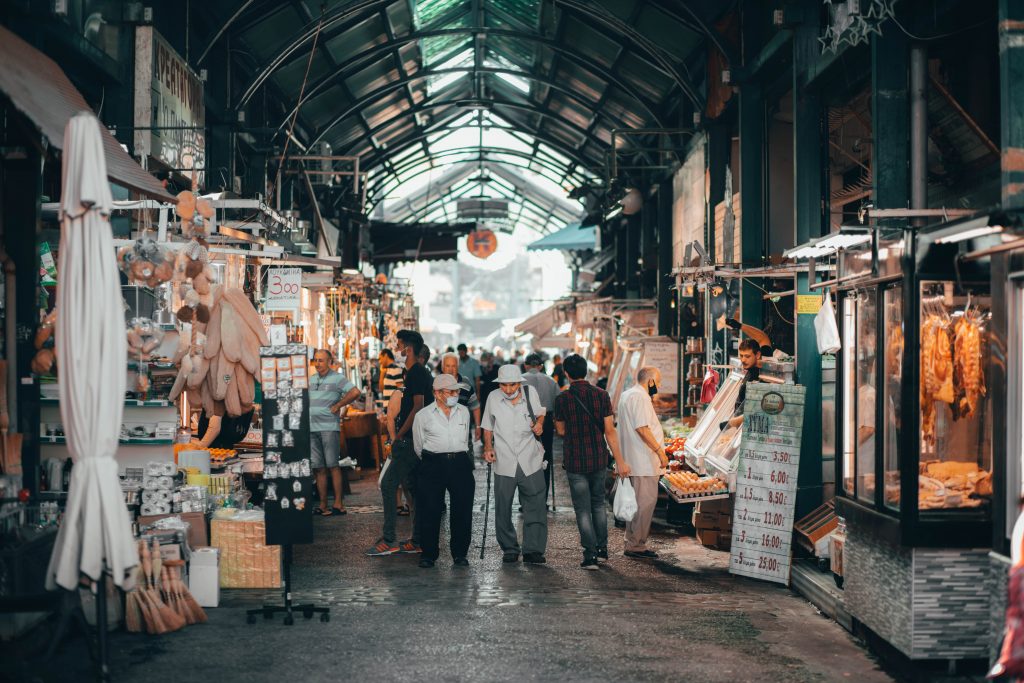
Once a great city of the Eastern Roman Empire, Thessaloniki is now a gateway to mainland Greece, the country’s second-largest city and a culinary capital. Thessaloniki has been a signatory of the Milan Urban Food Policy Pact (MUFPP) since 2015 and has been awarded the title of UNESCO Creative City of Gastronomy. It launched the […]
Groningen
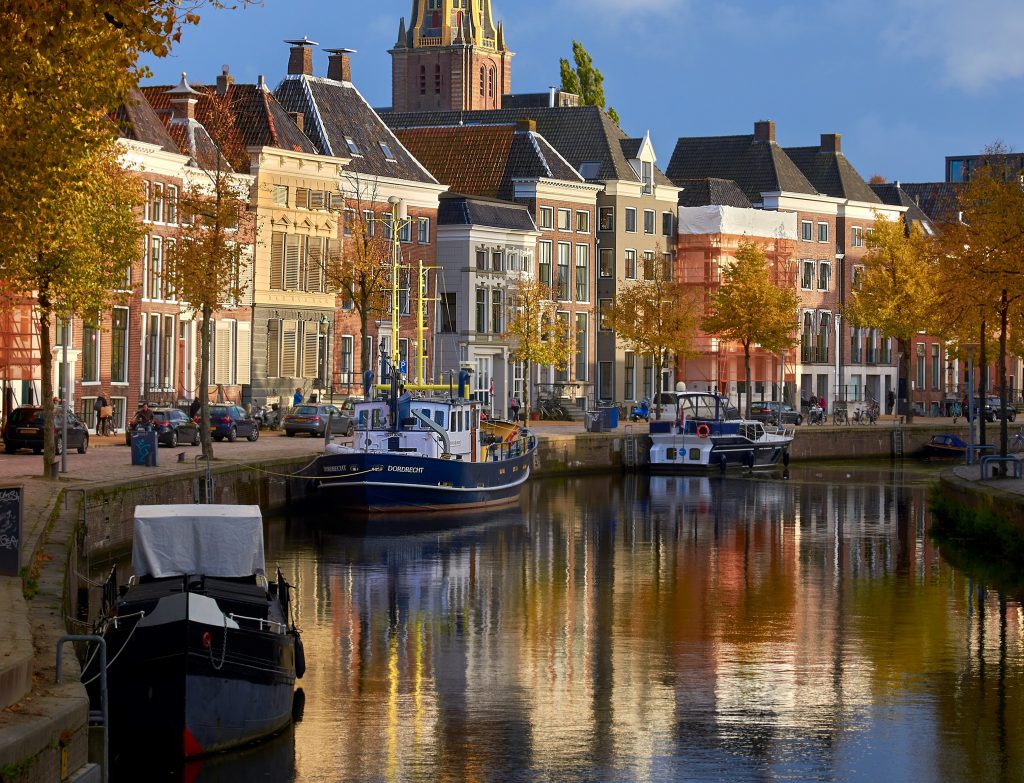
The old Hanseatic city of Groningen, counting over 200,000 inhabitants, is the largest city and the economic capital of the northern Netherlands. Groningen is at the core of the Functional Urban Area of 480,000 inhabitants is home to two universities and more than 60,000 students. With over half of the population under 35, the inhabitants […]
Grenoble-Alpes Metropole
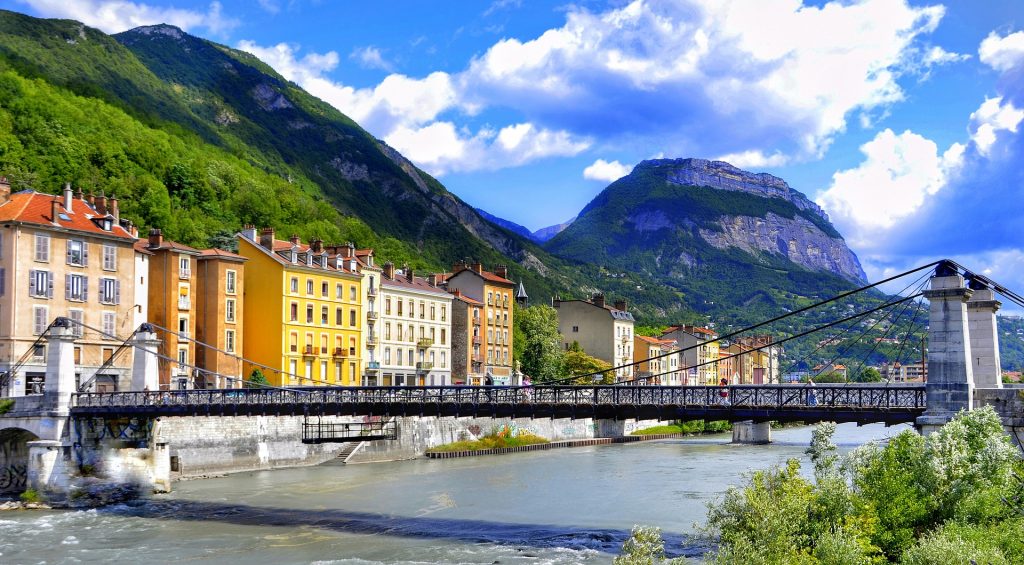
Nestled high in the Alps and bringing together 450,000 inhabitants in 49 urban, rural and alpine municipalities, Grenoble-Alpes Metropole has a unique food system linked to its geography. Around 15% of its mountainous territory is covered by farmable land, and the local government wants to capitalise on it to improve diets, sustainability and create short […]
Funchal
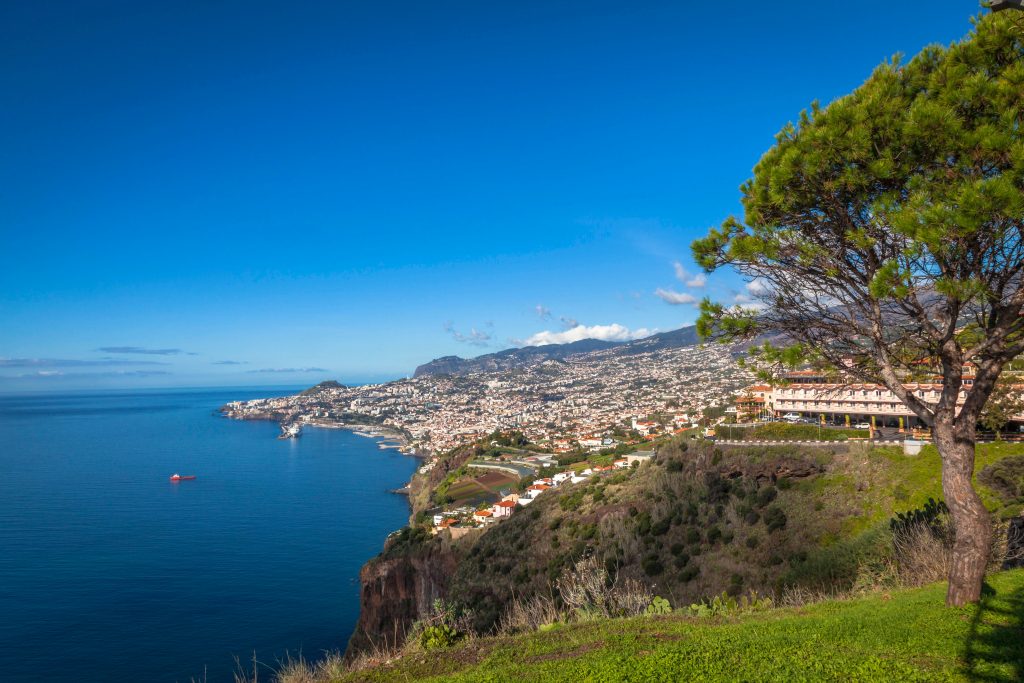
The capital of the Portuguese island of Madeira, Funchal, is one of the most Westerly cities in the European Union, and its culinary tradition benefits from its maritime setting. The City of Funchal is a local authority aiming to improve the quality of life in the city and empower its inhabitants. The city has been engaging with […]
Copenhagen
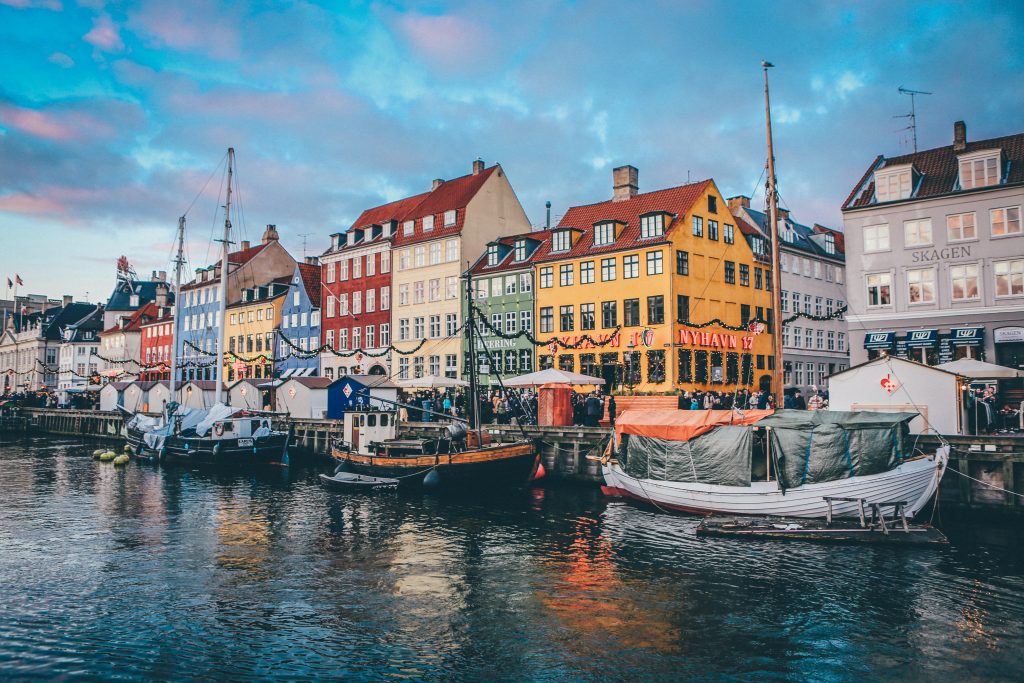
Famous for its bikes, bridges and pastries, the Danish capital is also a European leader in food policy. Since 2001, the city has developed a food strategy that combines health, taste and climate responsibility. Copenhagen has embarked on a long-term project to improve public meals by ensuring all products are organic and using fewer meat-based […]
Bordeaux Metropole

Known worldwide as the capital of wine, Bordeaux Metropole is the economic and cultural centre of the French region of Nouvelle Aquitaine. It is home to more than 774,000 people over 28 municipalities. The Metropole was the first territorial body in France to set up a Food Policy Council in 2017. With this Council, Bordeaux Metropole […]
Birmingham
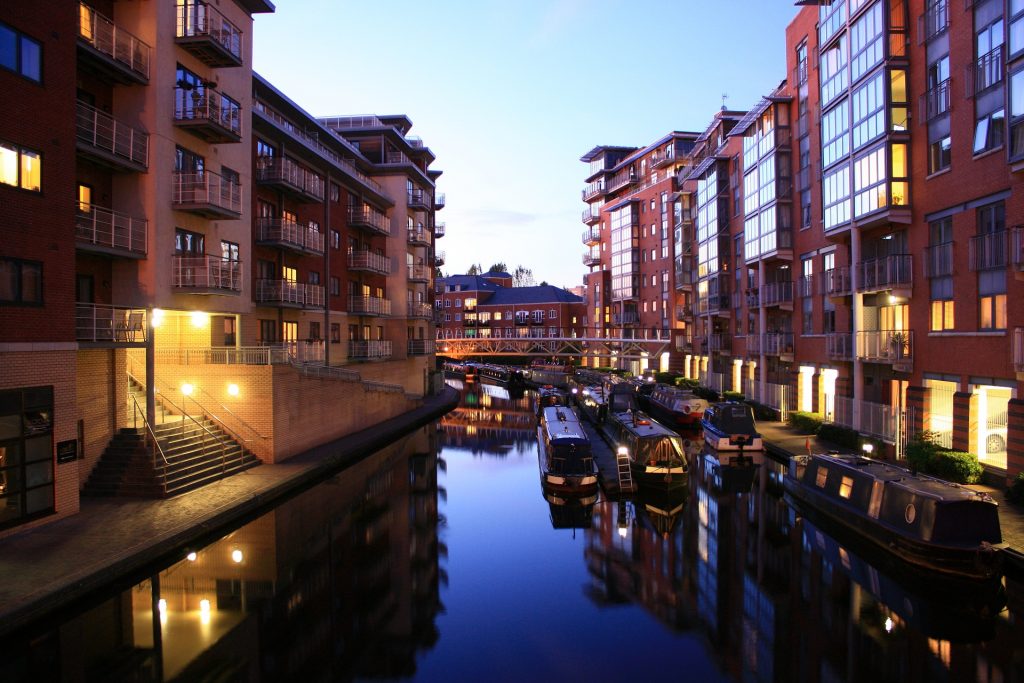
British cities are often home to the most deprived communities in the country, and in Britain, deprivation brings higher levels of childhood obesity, growth issues, and a cluster of other public health challenges. For example, mental illnesses are linked to uncertainty in securing enough food to eat. Beyond deprived areas, most Brits are overweight or […]
Bergamo
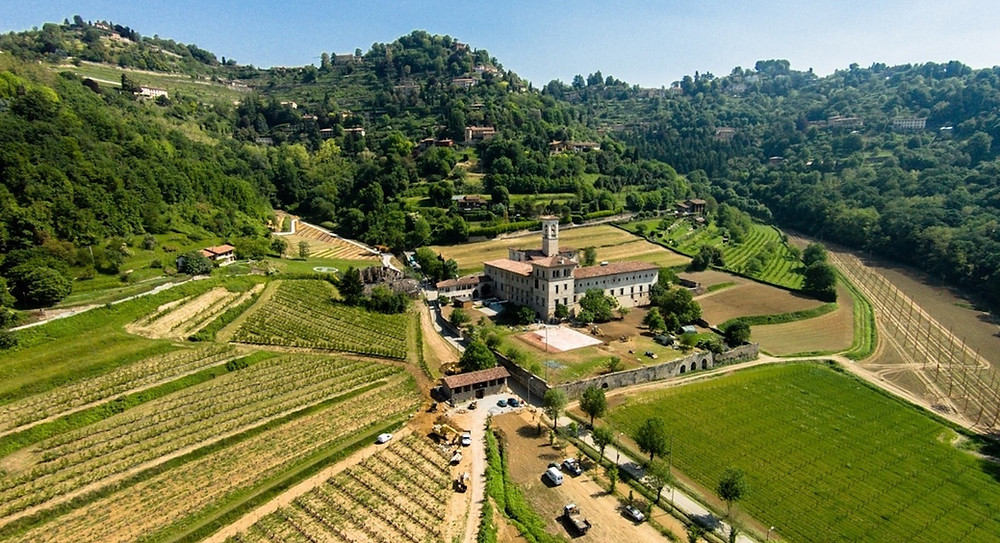
Bergamo is a city of about 120,000 inhabitants in Italy’s Lombardy region, home to a growing University with seven faculties and several international research projects. In recent years, the municipal administration has introduced territorial government plans that safeguard urban agriculture, the necessary basis for promoting an effective food policy. It also supported actions to reduce […]
